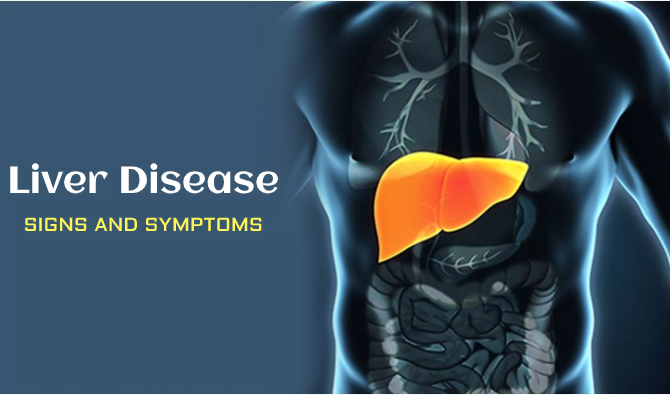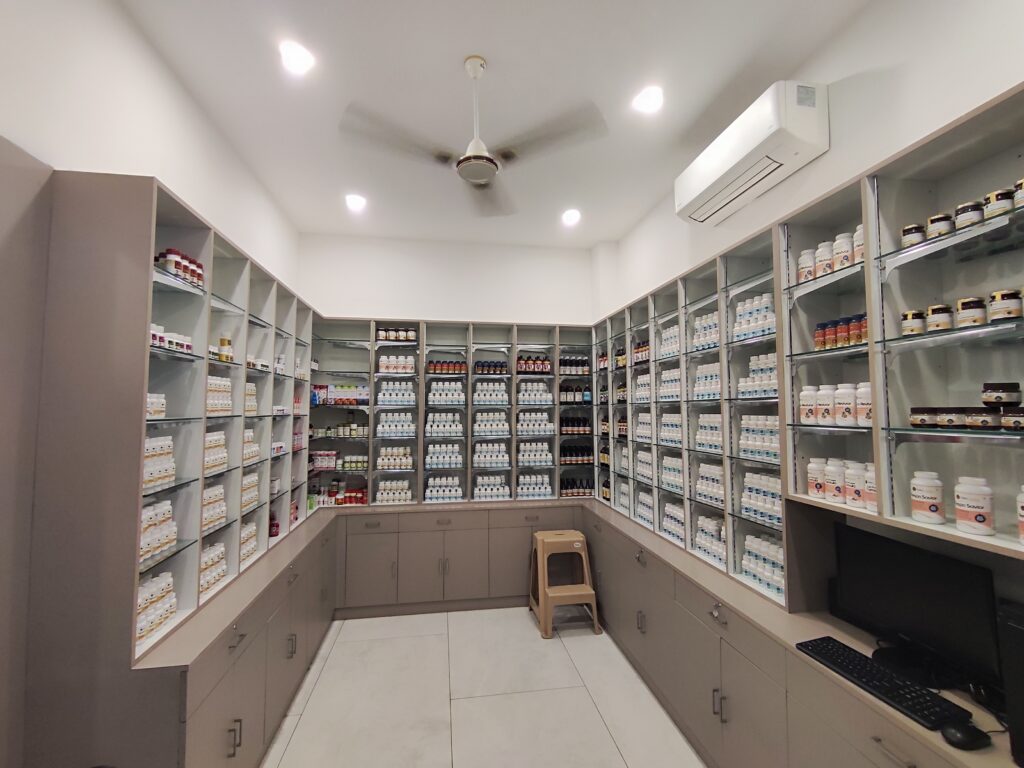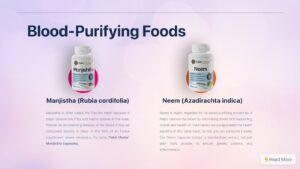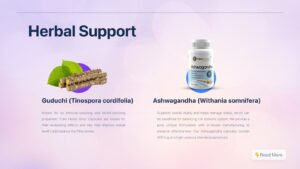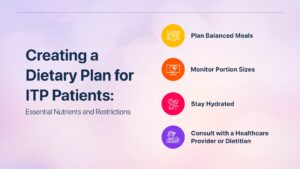1. The Link Between Diet and Platelet Health
Immune Thrombocytopenic Purpura or ITP is an ailment which results in lesser number of platelets in the systemic circulation which in turn leads to easy bleeding and easy bruising. Even though patients with ITP require medical treatments, a diet contributes much to general health and can lead to improving platelet synthesis. While there is no certain food that can be used to treat ITP, there are nutrients that can help the body produce and maintain healthy platelets. A diet may affect inflammation, immune system, and blood. It is, for instance, a medical fact that the consumption of nutrient-dense foods aids in the restoration of platelet count and optimizes the efficiency of medical treatment regimens. This article explores the link between diet and platelet health and provides practical dietary recommendations for individuals with ITP.
2. Nutrient-Rich Foods to Boost Platelet Production
An adequate quality and quantity of nutrients can help the body go through its processes naturally, including the formation of platelets.
Iron:Hemoglobin and red blood cell synthesis requires the presence of iron. Iron deficiency results in anemia, and this worsens the symptoms of ITP in patients. Eating lean red meat, poultry, fish, beans, lentils, tofu, and fortified cereals increases your intake of dietary iron. The interaction with vitamin C can improve iron absorption when eaten along with these foods.
Vitamin B12: This vitamin is important in the development of blood cells. Lack of vitamin B12 can result in anemia and other blood related complications. Vitamin B12 can be found in animal-based foods such as eggs, dairy products, meat, and fish, and is also added to some plant-based milks.
Folate, also known as vitamin B9, is crucial for creating new cells and ensuring the body produces an adequate number of healthy red blood cells. Foods that are rich in folate include green leafy vegetables, beans, nuts, fruits like oranges and grapes, and cereals.
Vitamin C: Vitamin C enhances the absorption of non-heme iron from plant-based foods and helps support the immune system. Include vitamin C-rich foods like citrus fruits, strawberries, bell peppers, and broccoli in your diet to aid iron absorption and support immune health.
Vitamin K: Vitamin K is needed in the body for the purpose of clotting of blood. Some of the foods that include vitamin K you need to avoid include: green leafy vegetables such as kale, spinach and chard, broccoli and Brussels sprouts. In the same regard, avoiding foods containing vitamin K is advisable if one is taking certain medicines such as blood thinners since it may hamper the effectiveness of the medicine.
3. Anti-inflammatory Foods to Include in Your ITP Diet
Turmeric: curcumin acts as an anti-inflammatory property as well as an antioxidant. Consuming turmeric foods or taking supplements can improve your general health of the body.
Ginger: A study on ginger indicated that it possesses anti-inflammatory properties and there are different ways of consuming it; through taking teas, in blended fruits, nuts or as a spice in food preparations.
Berries: Recent research indicates that berries for instance blueberries, strawberries, and raspberries contain antioxidants and they help reduce inflammation. Blend them into meals in the form of snacks or mix with other ingredients to make smoothies.
Balancing Pitta Dosha
Cooling Foods: To normalize the Pitta Dosha imbalance in ITP, it is necessary to include low heating foods. Some of them are cucumbers, melons, and various types of leafy greens.
Sweet, Bitter, and Astringent Tastes: Include foods with sweet taste such as fresh fruits like mangoes and apples, bitter such as kale, and astringent such as beans and certain fruits like pomegranate, which are helpful in managing Pitta.
Blood-Purifying Foods
Manjistha (Rubia cordifolia): Manjistha is often called the ‘Pacifier Herb’ because it helps balance the Pitta and Kapha doshas in the body. Popular for its cleansing features of the blood, it may be consumed directly or taken in the form of an herbal supplement where necessary. Try using Yukti Herbs’ Manjistha capsules.
Neem (Azadirachta indica): Neem is highly regarded for its blood-purifying properties. It helps cleanse the blood by eliminating toxins and supporting overall skin health.
At Yukti Herbs, we encapsulated the health benefits of this ‘bitter herb’, so that you can consume it easily.Our Neem capsules contain a standardized extract, not just plain herb powder, to ensure greater potency and effectiveness.
Foods Rich in Iron and Vitamins
Iron-Rich Foods: Suggest whole grains such as lentils, chickpeas and dark greens in order to promote good blood health.
Vitamin C-Rich Foods: The recommended foods include oranges, other citrus fruits, bell peppers, and broccoli to enhance iron uptake and bolster immunity.
Herbal Support
- Guduchi (Tinospora cordifolia): Known for its immune-boosting and blood-purifying properties. Yukti Herbs Giloy Capsules are known for their revitalizing effects and can help improve overall health and balance the Pitta dosha.
- Ashwagandha (Withania somnifera): Supports overall vitality and helps manage stress, which can be beneficial for balancing the immune system. We provide a pure, unique formulation with in-house manufacturing to preserve effectiveness. Our Ashwagandha capsules contain 500 mg of a high-potency standardized extract.
Avoiding Pitta-Aggravating Foods
Spicy Foods: This is especially important in Pitta Dosha because raw, hot, spicy or acidic foods irritate this Dosha.
Salty Foods: limit the intake of foods that have high salt content and can lead to excessive body heat.
4. Foods to Avoid: What May Harm Platelet Levels
Some foods and substances reduce the number of platelets or affect the ability of the body to produce and retain normal platelets.
High-Sugar Foods: Unhealthy foods such as those with high amounts of sugar and processed foods cause inflammation thus making one’s health worse. Avoid taking lots of hard candies, soft drinks, biscuits, and other unhealthy foods to give the body a chance to balance the platelet levels.
Excessive Salt: It is therefore very clear that high salt intake leads to fluid retention and can in fact affect blood pressure. The amount of salt consumed should be lowered to keep general cardiovascular health and platelets in check.
Alcohol: Excessive alcohol consumption can affect platelet production and function. It is advisable to limit or avoid alcohol to help maintain optimal platelet levels.
Certain Medications and Supplements: Some medications and supplements can interact with dietary nutrients or affect platelet function. If you are on medications, especially anticoagulants, consult with your healthcare provider about potential interactions and necessary dietary adjustments.
Creating a Dietary Plan for ITP Patients: Essential Nutrients and Restrictions
A proper diet plan for ITP patients should encompass consuming foods that contain nutrients needed by the body while excluding foods that may deform platelets.
Plan Balanced Meals: Ideally, the meal should contain lean protein, whole grains, and different fruits and vegetables. This will also assist in making sure that you ingest enough of all the nutrients found in foods to enhance general wellbeing.
Monitor Portion Sizes: Older people should consume smaller portions of food and ensure that they take balanced diets to avoid diseases such as obesity. Consuming the right proportions of the food groups will assist in the control of the symptoms and the health of the platelets.
Stay Hydrated: Drinking adequate water for the body is important because it enhances the body functioning. It is advisable to take a lot of water using a flask throughout the day and also include foods rich in water content especially fruits and vegetables.
Consult with a Healthcare Provider or Dietitian: If one has special conditions such as food intolerances or allergies or takes medicine, a diet should be recommended by a doctor or a dietitian. It is only from dieticians who can offer customized recommendations and guarantee that your diet aligns with your treatment.
Conclusion:
An ITP patient should ensure that he maintains a proper diet in order to support the health of the platelets. Adopting a diet that includes foods that are beneficial to the formation of blood platelets enables the ITP patients to lead a healthy lifestyle by focusing on taking foods that enrich the blood and excluding foods that may trigger and worsen the condition. Dietary management alongside proper medical care supports better control over ITP and helps yield better quality of life.
It is always advisable to seek medical advice before making major changes to the diet especially if one has other related diseases or taking drugs. Thus, it will be beneficial to adopt a healthier diet and learn how to navigate the challenges of ITP on your own.



